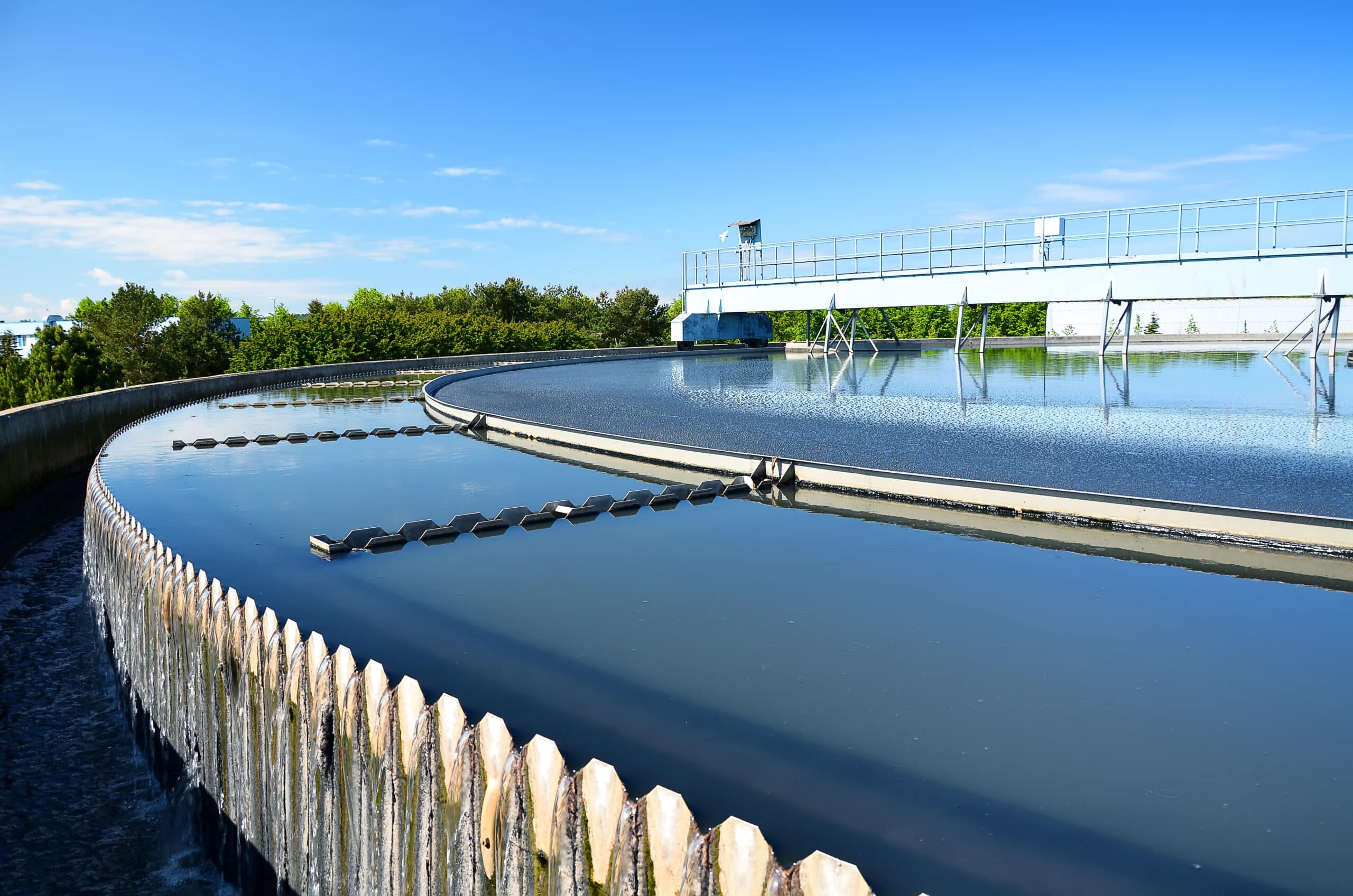Healthcare facilities in developing countries with inadequate or non-existent municipal water or treatment, need to look at the best technologies that will change the dynamics of water supply in healthcare.
The deficit of water and sanitation infrastructure is a major issue that directly impacts hospitals and clinics – without enough water, disease in the population grows, because of the lack of basic water, sewage and waste disposal services. Combining a semi-arid country like South Africa with rapid urbanization and industrialization, a heavily biased population migration pattern toward the cities and peri-urban suburbs, and the eminent negative impact of climate change – make long-term planning for water security a very complex matter that needs urgent addressing. The Coronavirus outbreak (COVID-19) surely tested the resiliency of South Africa’s water supply systems in unparalleled and unexpected ways.
Operational costs and environmental impacts are mainly influenced by water and energy use. Over the past decades, the costs of water and wastewater services have risen at a rate higher than the consumer price index. Hospital facilities can expect these and other utility costs to continue to rise, so as to offset the costs of upgrading aging water infrastructure.
Early planning and flexible designs are vital to implement a robust solution for essential systems. Facilities need safe drinking water to care for patients, assist with surgeries and sterilize apparatus, particularly when a crisis happens.
We coach water utilities on the most critical aspects of providing high quality water services and solutions. Learn more about our service offering by contacting our talented staff!

